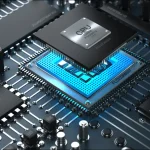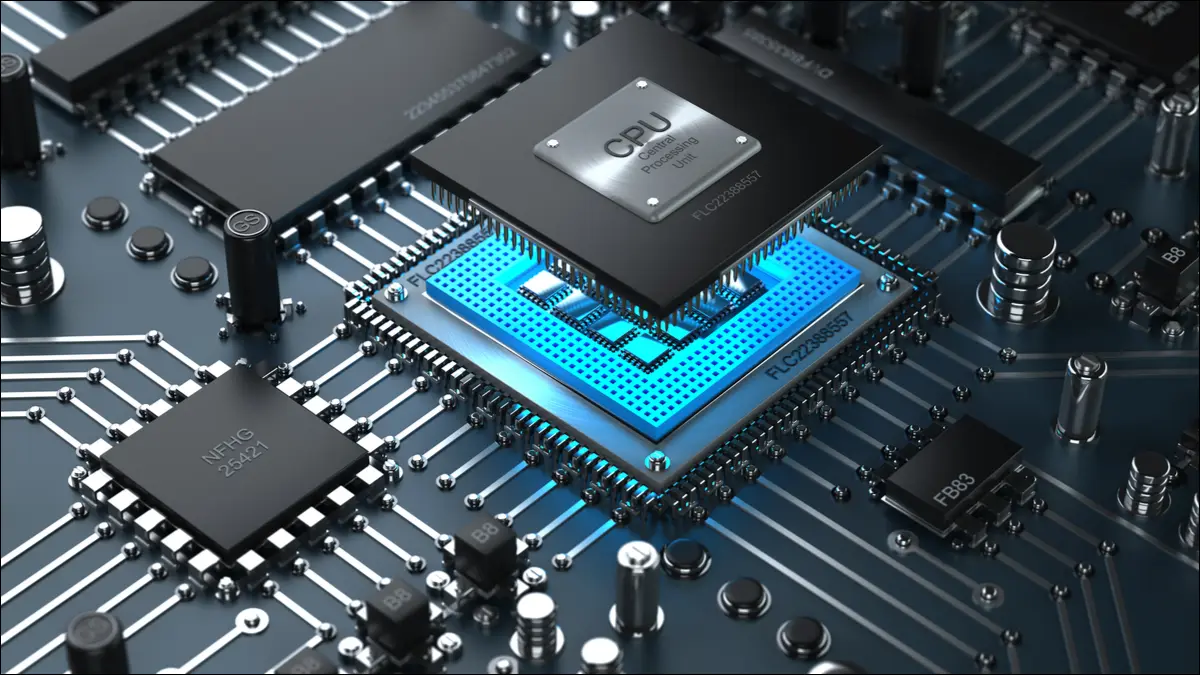The CPU, or Central Processing Unit, is like the brain of a computer. It does all the important work, following instructions and doing calculations. Inside the CPU, there are lots of tiny parts called transistors. They work together to add, subtract, compare, and do other tasks that computers need to do. The speed of the CPU’s work is measured in clock cycles, and higher speeds mean faster processing. Companies like Intel, AMD, and ARM design CPUs with different architectures, which affect how they work and what they’re good at.
Two big players in the CPU world are Intel and AMD. They’re known for making CPUs that have different strengths. Intel’s CPUs are great for tasks that need quick single-core performance, like gaming. They often have special features that help them multitask better. On the other hand, AMD’s Ryzen CPUs are known for being good at handling lots of tasks at once. This makes them perfect for things like editing videos or working with complex programs.
The way Intel and AMD design their CPUs is also a bit different. Intel usually sticks to improving what they already have, while AMD tries out new ideas. AMD’s Zen microarchitecture, for example, brought big improvements in how efficiently their CPUs work. This helped AMD challenge Intel’s dominance in the CPU market. Intel, though, has been ahead in making their CPUs with smaller parts, which helps them be faster and use less power. But AMD has been catching up with clever partnerships and better designs.
Deciding between an Intel or AMD CPU depends on what you need it for and how much you want to spend. If you’re into gaming or need fast single-core performance, Intel might be the way to go. But if you do a lot of multitasking or heavy computing work, AMD’s Ryzen CPUs could be a better fit. Both companies are always trying to make better CPUs, so the choice might change in the future. It’s an exciting time for CPUs, with Intel and AMD pushing each other to make faster, more efficient chips for all of us.
Share via:






